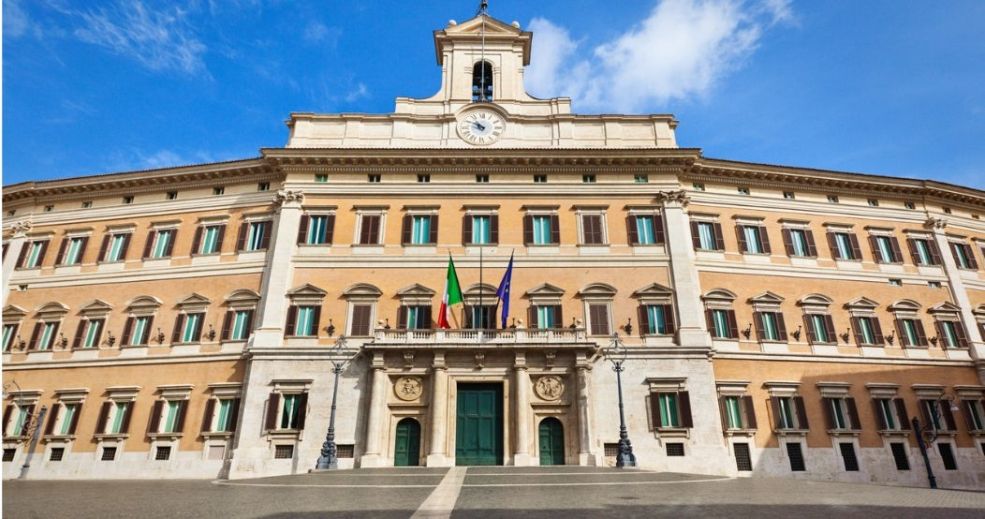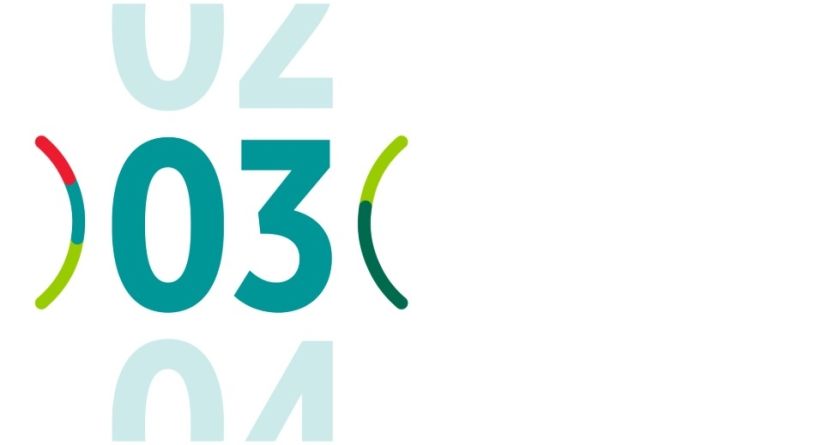
Italy – Political life column: “A complex budget”
Scarce funding, declining economic activity, reform of the Stability and Growth Pact and European elections: these are the issues that best sum up the start of the new political season in Italy. After the euphoria of May, when Italy topped the European league table of first-quarter growth figures, the second-quarter decline in GDP and uninspiring economic activity data over the summer months have been a real let-down. It’s increasingly unlikely that 2023 growth estimates will be upgraded relative to the April stability programme; and when it comes to funding available for the next Budget Act, it looks like the worst case scenario is beginning to play out.
The equation is a complicated one both politically and in accounting terms. The European Commission’s downgrade of Italy’s forecast growth from 1.2% to 0.9% in 2023 and from 1.1% to 0.8% in 2024 gives us an idea of the range within which the government’s revised forecast – to be included in its updated Economic and Financial Document, expected on 27 September – is likely to fall. In this context, it will be difficult to meet the €30 billion budget allocated to the 2024 Finance law measures, a warning that the government has repeatedly issued over the summer.. Yet a number of issues are back on the table, such as lowering the tax cost of labour, updating the retirement age and the number of years’ contributions required to qualify for a full pension, and funding the healthcare system. This balancing act is further complicated by the budget implications of the “superbonus” tax credit scheme. The scheme, designed to incentivise home energy upgrades, has cost the government a fortune; if Eurostat maintains its calculation rules, it’s likely to increase this year’s estimated deficit by 2 percentage points of GDP. On the income side of the equation, the government is counting on the €2 billion windfall tax on banks, which caused quite a stir when it was announced in August.
Against this backdrop, the centre-right’s political agenda will have to wait: there is simply no room in the 2024 budget for political opportunism. That, at least, is the essence of what Giorgia Meloni had to say at a meeting of centre-right leaders on 6 September. She set the tone and, notably, responded to certain members of the majority, including Matteo Salvini, who already has his eyes on the forthcoming European elections. With European talks on the future Stability and Growth Pact – a key issue for Italy – in progress, the stakes are particularly high.
Meloni’s government thus has a difficult job on its hands as the new political season gets underway. Faced with slowing growth and scant resources, the ruling majority is attempting to show its unity by turning a deaf ear to its members’ conflicting political agendas, with Forza Italia trying to find its direction following the death of Silvio Berlusconi and Matteo Salvini on edge in light of the return of Matteo Renzi, who could pull the more moderate right towards the centre. But uniting her troops is not the only challenge facing the prime minister. Financial markets, keen to keep an eye on both the budget situation and Italy’s relationship with Europe, will once again be watching her every move.
Sofia Tozy







